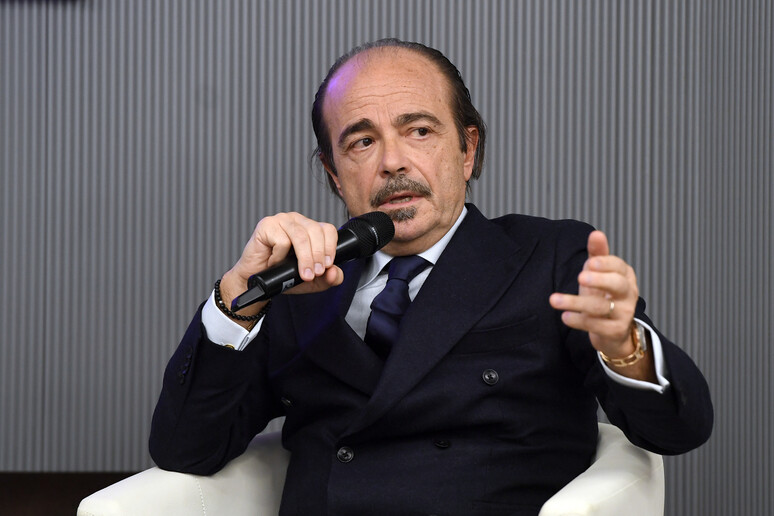(by Alessandra Briganti) The last
obstacle to the final approval of the EU's AI Act has been
cleared. The ambassadors of the 27 member states have
unanimously approved the agreement reached last December by the
EU institutions on the ground-breaking law laying down the rules
for the development, marketing and use of AI systems in Europe.
The outcome was by no means a foregone conclusion.
The text, the result of three years of arduous work and the
first of its kind in the world, appeared to teeter after the
agreement, with France leading the discontent. For Paris the
imperative is that Europe does not fall behind in the race to
develop the new technology, as happened with the internet
revolution and social platforms. France, supported by Italy and
Germany, took issue in particular with the rules on founding
models, such as ChatGPT, for which the proposed law envisages a
multi-level approach, with horizontal transparency rules for all
models and stricter obligations for those presenting systemic
risk.
However, now even the last doubts have been dispelled. Or
rather, postponed to the critical implementation phase. Doubts
that for Paris concern not only innovation, but also the balance
between transparency and the protection of trade secrets.
Austria, on the other hand, registered its concerns about data
protection and the rules that prohibit, albeit with exceptions,
certain AI practices, such as biometric remote identification.
Despite the qualms, the European Commissioner for the Internal
Market, Thierry Breton, toasted the go-ahead from the 27 member
states, describing it as "a historic first" that recognises "the
balance achieved by the negotiators between innovation and
security".
European Commission Vice President Margrethe Vestager said on X
that the case of Taylor Swift, an illustrious victim of AI,
"says everything about the damage AI can cause if misused, the
responsibility of platforms and why it is so important to
enforce technology regulation".
Brando Benifei, PD MEP and rapporteur on the AI regulation,
hailed the "good day for the EU" and also stressed the urgent
need to "support the early application of the rules for
countering disinformation and deepfakes to protect our
democracies in the most important election year for Europe and
the world".
Rome also expressed its satisfaction, with cabinet
undersecretary responsible for technological innovation, Alessio
Butti, speaking of a "historic moment for the EU" and
emphasising "the decisive contribution of Italy and the Meloni
government" to the agreement on an issue that is central to
Rome.
AI will in fact be one of the topics of Italy's duty presidency
of the G7 this year.
"Our aim was to ensure that all AI applications, including
cutting-edge generative models, operate within a system of rules
that is both simple and rigorous, capable of protecting
citizens' rights and promoting responsible innovation,"
continued Butti.
The ball is now in the European Parliament's court, where the
Single Market and Civil Liberties committees are scheduled to
vote on the text on February 13 before it goes to the assembly
for the final go-ahead, presumably in the April session. The
regulation will then finally have to be ratified by the EU
Council.
(Photo: Cabinet Undersecretary for technological innovation,
Alessio Butti.)
ALL RIGHTS RESERVED © Copyright ANSA











